Four-time Paralympian Ali Jawad praised improvements in education around anti-doping as he looks ahead to the first Paralympic Games since his retirement.
The Rio 2016 silver medallist powerlifter overcame long-term illness to make Tokyo 2020 and has not stopped pushing himself since, completing two marathons, undertaking a PhD, and trying his hand at commentary.
The 35-year-old from North London spoke on a panel at Loughborough University Stadium to mark UK Anti-Doping’s Clean Sport Week, hosted by triple Paralympic champion swimmer Giles Long.
Statistically, powerlifting ranks as one of the worst sports in the world for doping offences but Jawad remains optimistic that athletes can still reach their full potential on the sport’s biggest stage.
He said: “When I was younger, I worried about not reaching my potential of making the podium because of dopers.
“But I was surrounded by the most incredible mentors who asked me what my value was as an athlete.
“My values as a kid were to have the best mentors around me and give it my best shot.
“When I first got tested, I didn’t know what a test was, I had no clue.
“I didn’t realise how long the process was. I think we need to target para-athletes when they’re on the cusp of making a Paralympic programme so they’re more comfortable with what a test looks like.
“Seasoned athletes are very well-versed, and younger athletes coming through the programme need that education.”
UKAD invites everyone working and participating in sport to join in with Clean Sport Week, from 13 – 17 May 2024.
The week-long campaign gives the sporting community a chance to celebrate clean athletes and discuss anti-doping in an informal, yet impactful way. This year’s theme has been the ‘Journey to the Podium’ as the panel in Loughborough looked through a para-athlete lens ahead of Paris 2024.
UKAD is responsible for ensuring sports bodies in the UK are compliant with the World Anti-Doping Code through implementation and management of the UK’s National Anti-Doping Policy.
Jawad, who is a UKAD Athlete Commission Member, added: “I love getting different perspectives because it makes me understand how, as an athlete, others view the system, and it helps me to re-evaluate how I think.
“One of the big things I’ve learnt today is athlete support personnel being as important as athletes because they’re around the athletes who are actually guided by them.
“If the personnel are not as educated as the athletes, how can that guidance be effective? Athlete support personnel are just as important to educate.
“I’ve experienced the Games four times and each time I did it better, the first time you don’t know how you’re feeling.
“I made sure after the first experience I put things in place for future experiences.”
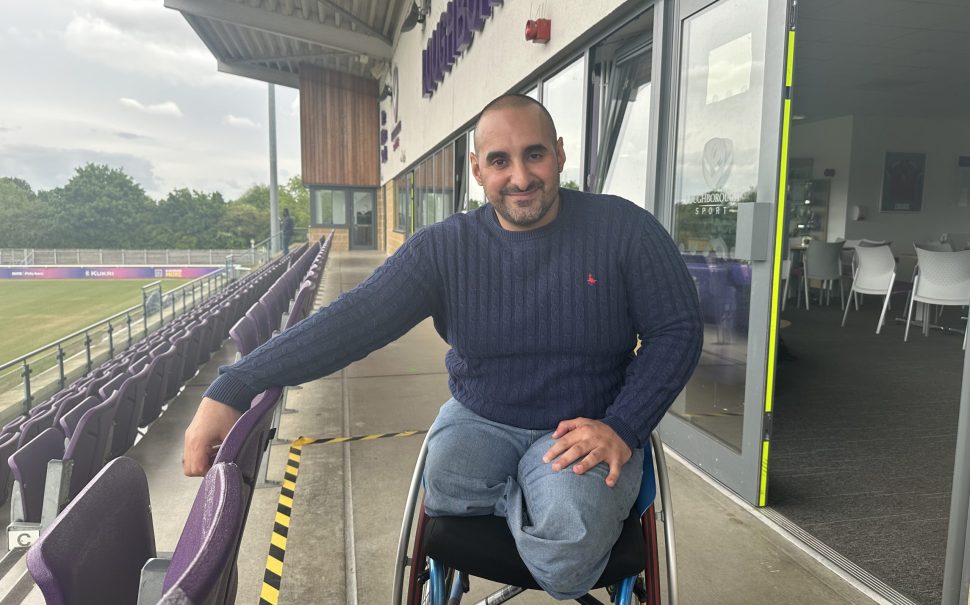
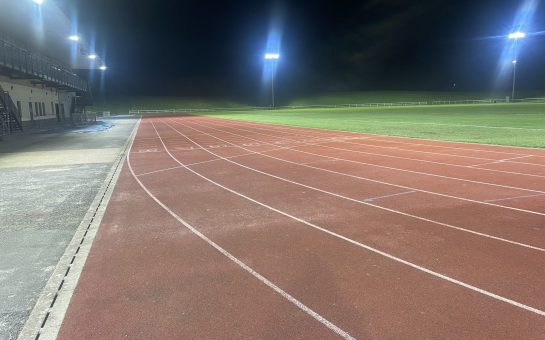
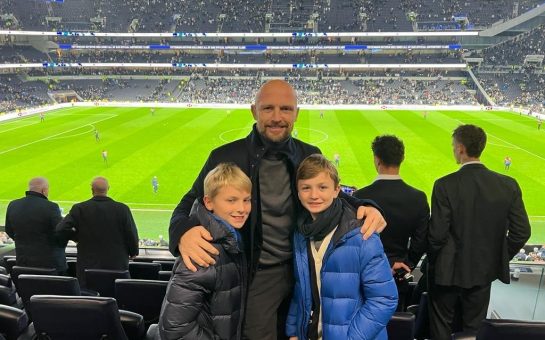
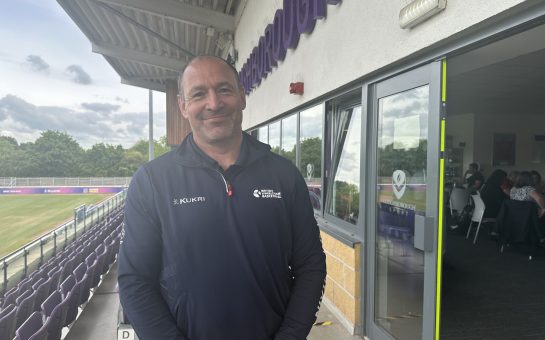
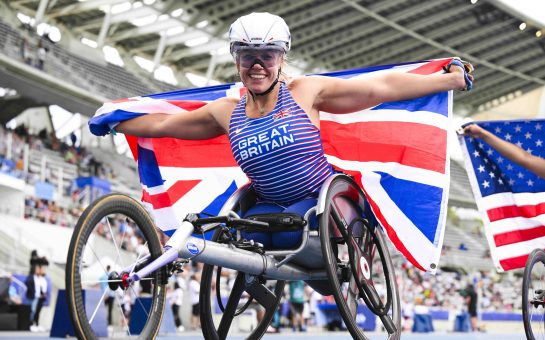
Join the discussion